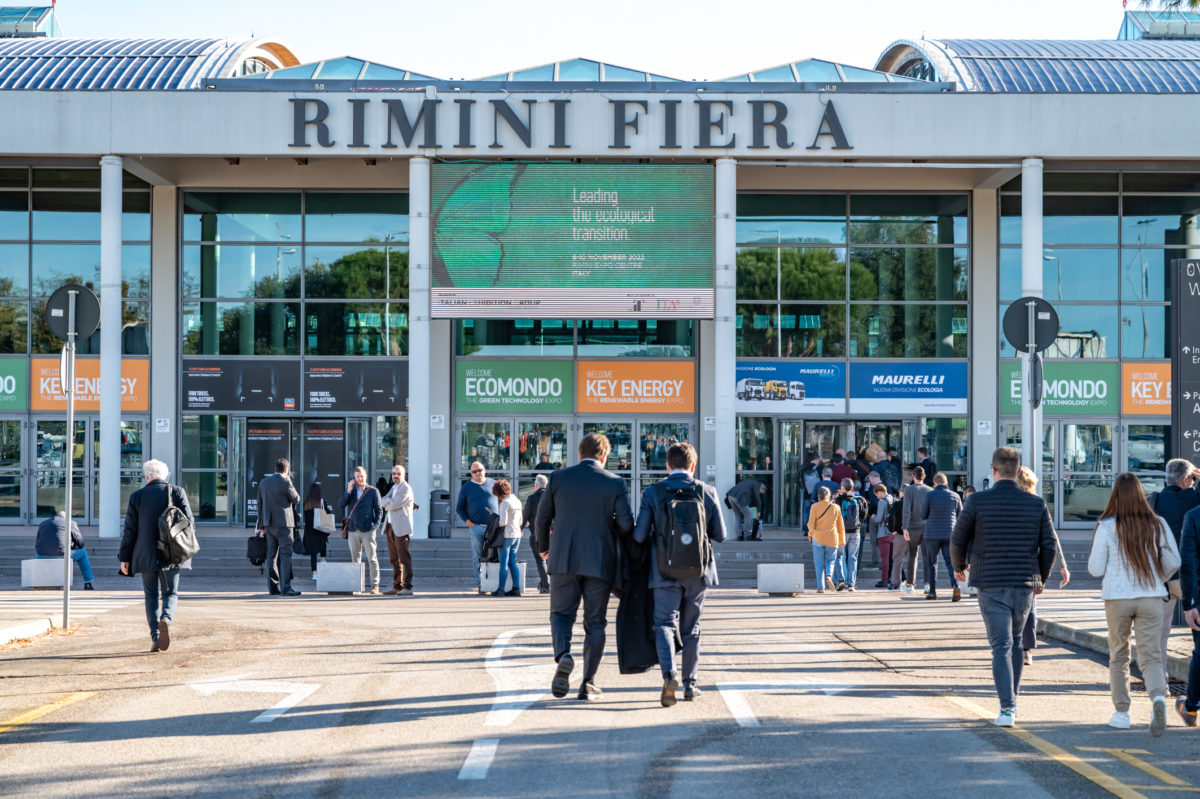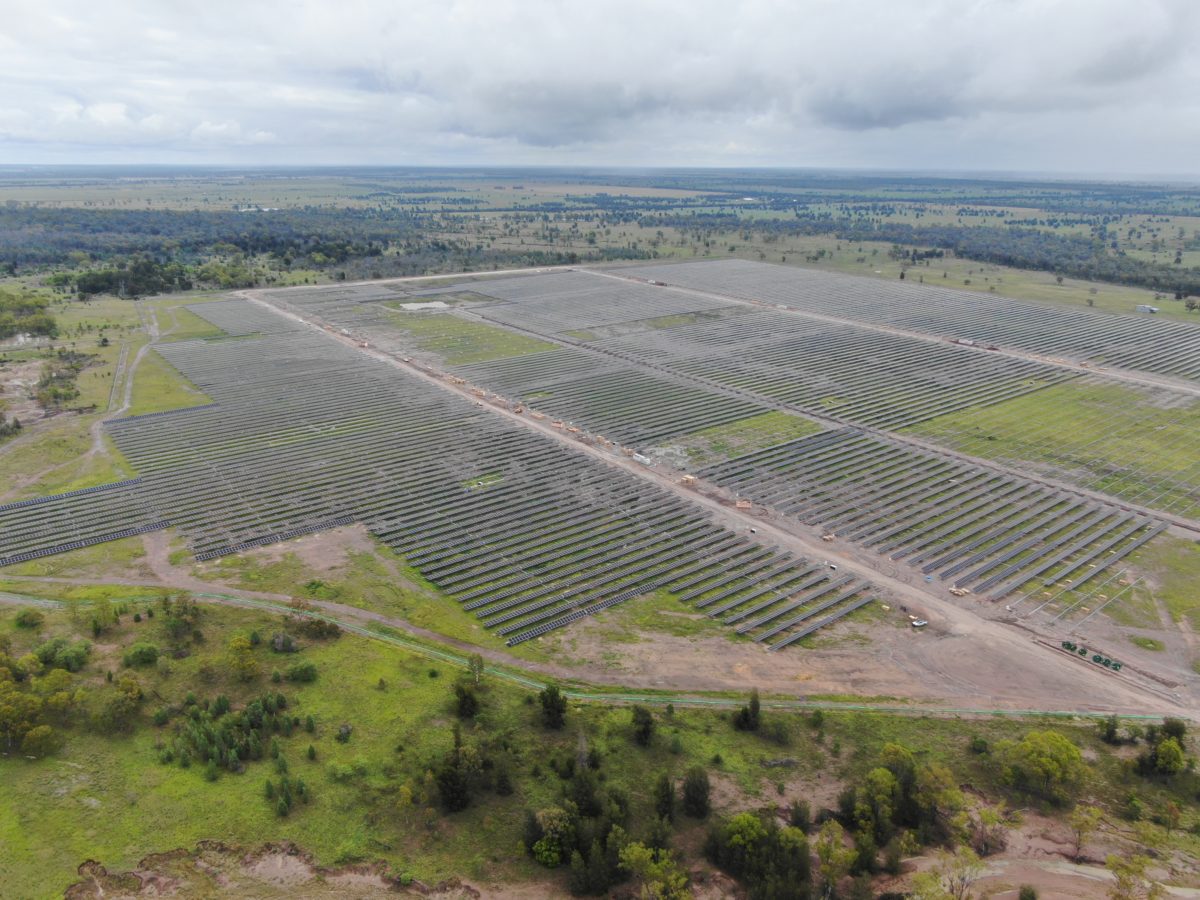https://www.pv-magazine-australia.com/2022/11/16/sun-cable-to-play-key-role-in-unlocking-indonesia-170-billion-green-industry-opportunity/
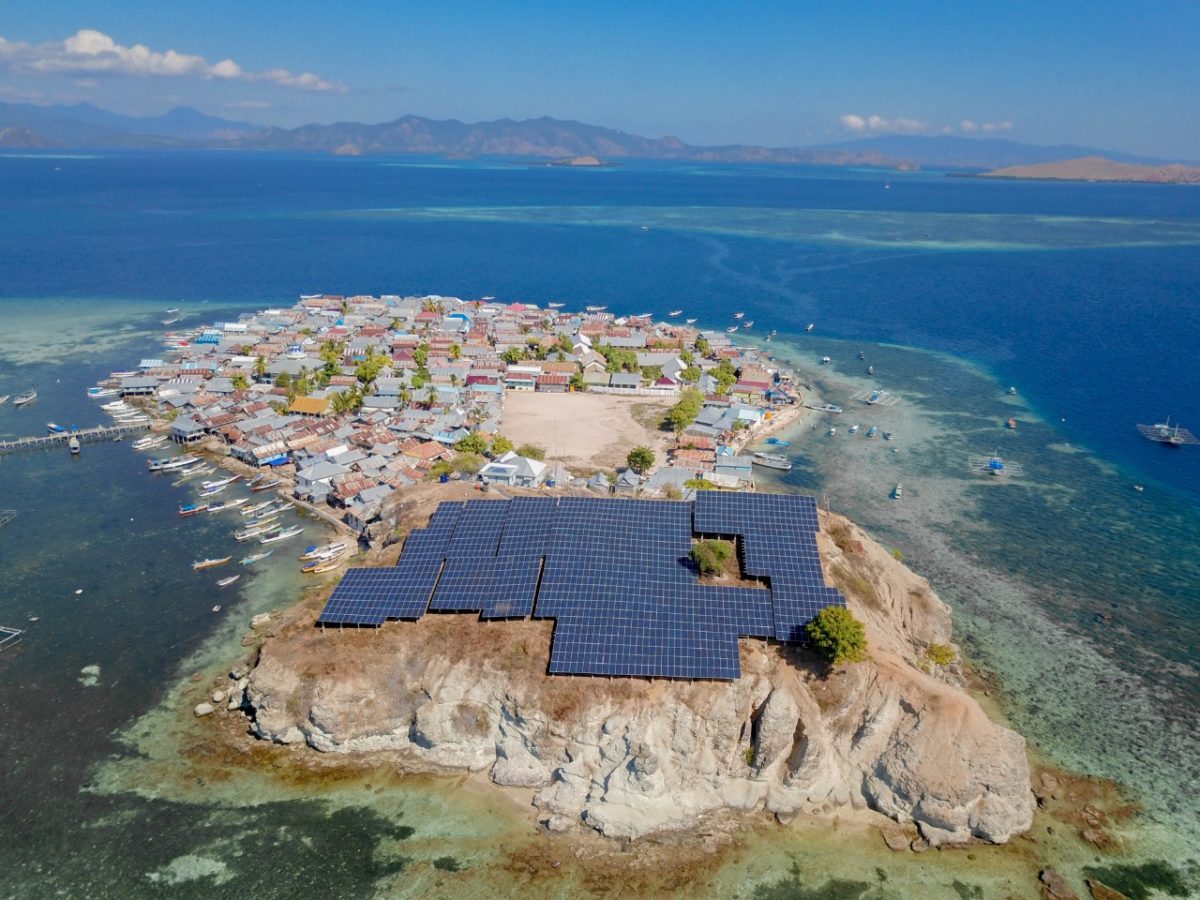
Sun Cable will investigate how best to link Indonesia’s archipelago through subsea transmission corridors.
Image: ESDM
Australia-founded renewables developer Sun Cable will work with Indonesia to develop an “inter-island grid connectivity policy and technical program” that will allow the government to maximise opportunities in “green industry” growth in the nation that comprises more than 17,500 islands.
The collaboration was formalised at the G20 summit being staged Bali where Sun Cable founder and Chief Executive Officer David Griffin signed a Memorandum of Understanding (MoU) with Indonesia’s Ministry of Energy and Mineral Resources (ESDM) which will see them advance a technical program for grid connectivity in the archipelago.
The agreement between Sun Cable and the ESDM will include working through the key potential areas for renewable energy generation, defining the resources available, identifying the key energy intensive locations and industries, and then building a plan to unlock these opportunities.
Indonesia’s Minister for Energy and Mineral Resources Arifin Tasrif said linking Indonesia’s archipelago through subsea transmission corridors will play a critical role in enabling the nation to unlock its green industry opportunity by matching renewable potential with industrial demand centres.
“Energy infrastructure is very important to connect the centres of great energy production to centres of high energy consumption,” he said.
“Thus, Indonesia is planning to build a super grid to address mismatch between renewable energy resources and the location of high electricity demand areas as well as maintaining the electricity system stability and security.”
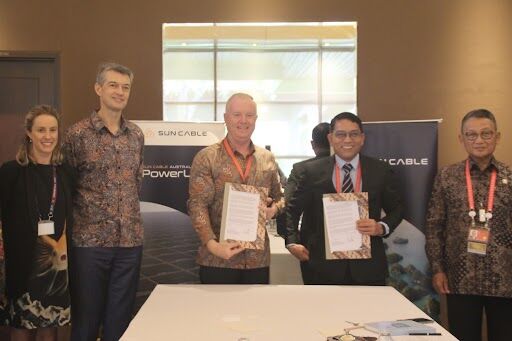
Image: Sun Cable
The preliminary findings of a joint study conducted by Sun Cable and the ESDM recognises the importance for Indonesia to support its own renewable energy requirements and outlines a pathway for green industry development in the nation.
The study identifies five key “green industries” that have the potential to underpin green growth and add an estimated $170 billion to Indonesia’s GDP by 2035. The five industries are mining and minerals processing, energy and fuels, transport manufacturing (including the production of electric vehicles), food processing and agriculture, and IT infrastructure.
The study highlights Indonesia’s access to critical mineral resources, and strategic location at the heart of ASEAN growth and says the nation “has some of the best renewable energy resources in Asia and many of the core capabilities to become a green industry powerhouse.”
The ESDM said unlocking the Indonesia’s green economic potential will require rapid acceleration of new generation with a 25-fold increase in renewable capacity required to supply zero-carbon demand.
The agreement with Sun Cable, which is seeking to develop the giant Australia-Asia PowerLink (AAPowerLink), which would export solar power from the Australian outback to Singapore via a submarine transmission link through Indonesian waters, positions grid interconnectedness at the centre of the Indonesian policy agenda.
Griffin said the next steps will focus on evaluating specific transmission corridors and investment required, with the joint study to be completed in early 2023.
“We are looking to share Sun Cable’s expertise in solar energy generation and long-distance transmission with Indonesia as it shapes its policy and technical approach to inter-island connectivity,” he said.
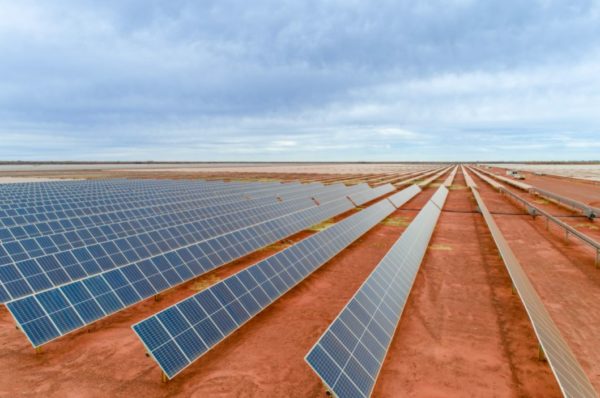
Image: FMG
Sun Cable has an established relationship with Indonesia, having already secured government approvals for the submarine transmission cable route for its ambitious $30 billion-plus AAPowerLink project.
The project, which comprises up to 20 GW of solar and 42 GWh of energy storage to be built on a 12,000-hectare site in the Northern Territory’s Barkly region, would supply power to Darwin and to Singapore via a 4,500-kilometre high-voltage direct-current (HVDC) transmission network, including a 750km overhead transmission line from the solar farm to Darwin and a 3,800km HVDC submarine cable from Darwin to Singapore.
Construction on the project is expected to commence in 2024, with first supply of electricity to Darwin in 2027, and capacity expected by the end of 2029.
This content is protected by copyright and may not be reused. If you want to cooperate with us and would like to reuse some of our content, please contact: editors@pv-magazine.com.
<


